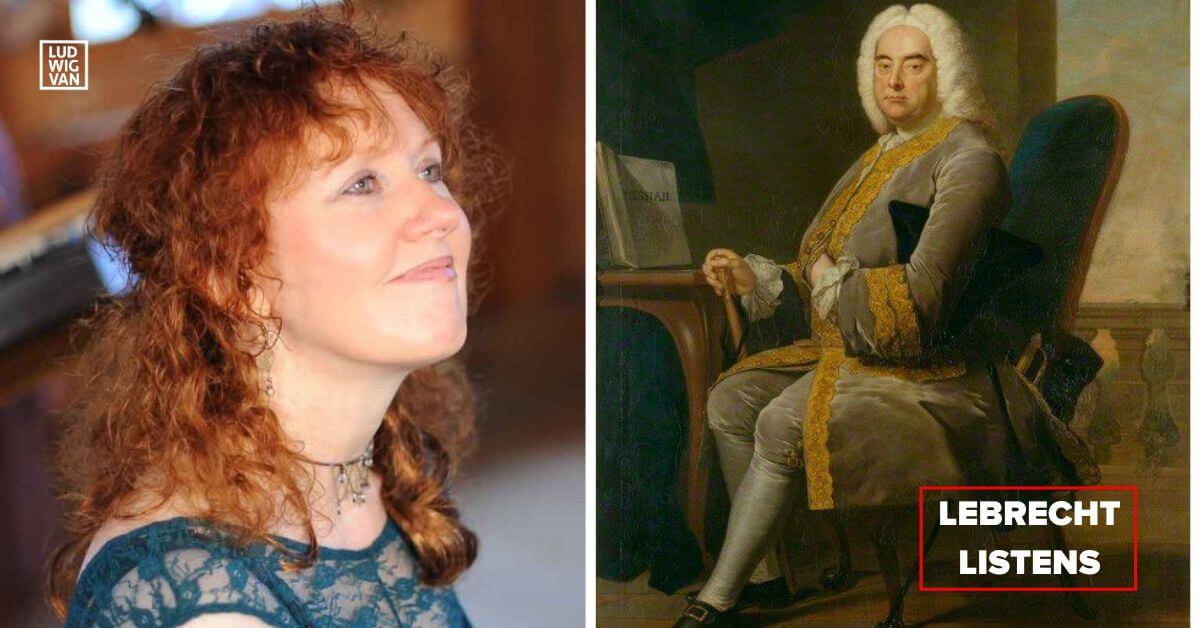
Handel: Israel in Egypt (Avie)
★★★★☆
When Georg Frideric Handel lived in London in the first half of the 18th century, there was not much to do after a concert and a composer could drone on as long as he liked. Handel’s propensity for inordinate length was tolerated for a couple of decades, but the backlash caught up with him in April 1739 when the second of his dramatic biblical oratorios fell flat, with aristocrats complaining it was too long and static. This was unfair, in part.
Handel had stopped writing operas when the upper classes imported Italians to do it supposedly better. Facing penury, Handel switched to Biblical oratorios and, in Israel in Egypt, composed some of his most affecting and gripping music. The problem was a tedious prequel describing Egypt’s mourning at the death of Joseph, an otiose introduction that undermined the drama of the Exodus and the crossing of the Red Sea. Handel, ever alert to market forces, made changes to his narrative, but the oratorio remained lop-sided and continued to be blighted by its original negative reception.
In the present version, the period-instrument pioneer Jeannette Sorrell has made a series of judicious cuts throughout the manuscript while keeping the structure intact. Her editorial intervention, along with some fairly frisky tempi, keep the oratorio galloping along. The outcome is a 74-minute edition, full of incident and colour, that never flags.
Sorrell preserves the contentious lament for Joseph, but her concision is intelligent and her Apollo’s Fire ensemble and singers are fiercely engaged. I particularly liked the countertenor Daniel Moody and the baroque trumpet Steven Marquardt. Sorrell herself is a singular presence, striking her own path in unfashionable Cleveland and showing there is room in one post-industrial city for two world-class orchestras playing in very different styles. This immaculate production automatically becomes my preferred version of Israel in Egypt, a work that precedes Messiah by two years and contains many of its seeds. At the end, you can almost hear Messiah lurking in the wings as Handel collects his box-office takings and deposits them in a personal strong-box that the Bank of England kept open specially for the purpose. This celebration of redemption needs to be more widely performed, especially in times like these.
To read more from Norman Lebrecht, subscribe to Slippedisc.com.
#LUDWIGVAN
Get the daily arts news straight to your inbox.
Sign up for the Ludwig van Daily — classical music and opera in five minutes or less HERE.
- LEBRECHT LISTENS | Klaus Tennstedt’s Conducting Genius Revealed In Live Radio Recordings - July 26, 2024
- LEBRECHT LISTENS |Alexandra Dariescu And The Philharmonia Orchestra Tackle Clara Schumann & Grieg - July 19, 2024
- LEBRECHT LISTENS | Yundi Gives Mozart A Revelatory Makeover On The Sonata Project — Salzburg - July 12, 2024



